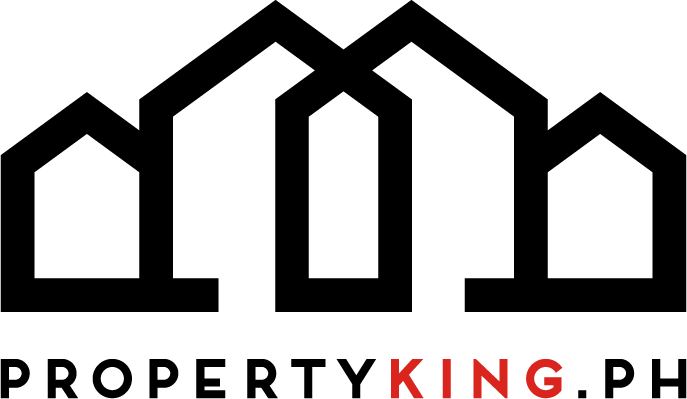1
When the economy is healthy, it provides individuals with more cash to spend on a property. In times of rapid credit growth, more people are inclined to borrow. Low-interest rates and loose lending requirements also lead to the formation of housing bubbles.
As a result, excessive speculation and unsafe behavior could increase investors and unprepared home buyers. As a result, property prices may increase dramatically, which would mean fewer people can afford what they could previously purchase. Rising interest rates and reining in credit rules may reduce demand, leading to a housing bubble burst.
2
Mortgage borrowers may also make risky decisions due to their lack of financial awareness. Exaggerated and unsustainable projections of home appreciation lead to speculative behavior by homebuyers and investors.
3
When more people or a larger demographic segment of the population enter the housing market, and an enormous number of homes are being flipped, it eventually leads to a housing bubble.
4
One reason real estate bubbles occur is the low interest rates, particularly short-term interest rates, hence a lower cost of housing. New demographic segments can now access homeownership with new mortgage plans, which include low initial monthly payments. Quick and easy access to credit - often with lenient requirements - attracts more buyers.
Identifying Signs of a Bubble
What are the warning signs that the housing market is about to crash? Some indicators to be on the lookout for are the following:
People typically become aware of housing bubbles once the crisis has passed. To help people prepare for potential problems, economists can use specialized indicators to pinpoint bubbles in some geographic regions. Comparisons are made between current prices and previous boom periods. Comparing current home prices to historical data enables them to assess whether they are excessive.
Following this, economists analyze additional indicators, which broadly fall into two buckets: valuation and debt. In valuing homes, economists examine both the price-to-income and deposit-to-income ratios to determine the amount of income needed for the purchase and down payment of the house. On the debt side, they examine the debt-to-income ratio or the entire cost of homeownership relative to one's income.
Although economists consider additional elements, these factors can offer some insight as to whether or not a bubble is taking shape.
The Impacts of a Housing Bubble
Real estate bubbles ripple across the real estate market and the economy and individual wealth. Bubbles make it more difficult to borrow money, causing more people to find risky mortgages. The costs may mean homeowners have to work more hours simply to cover the expenses, eroding their retirement funds.
Homebuyers are most concerned with a housing bubble. It will be difficult to resell homes purchased during the bubble, as they are under pressure to sell. In the end, they overpaid for the property, leaving them in the hole without any asset as a result. If you have no intention of selling your house, you are unlikely to face most of the direct consequences of the bubble burst.
Defaults on loans and an inability to repay the loan create instability in the property market and cause a financial crisis. Many people may be forced out of their homes as banks try to reclaim their funds.
What Happens When a Bubble Pops?
Eventually, the bubble will burst. A bubble bust's impact is difficult to predict or measure. As a matter of fact, it is usually hard to determine whether you are in a bubble until it bursts. When prices drop, over-leveraged persons suffer devastating consequences. Uncontrolled speculation becomes evident after the bubble pops. When this happens, property values decline, leaving borrowers with debt that may be greater than the market value of their properties.
Beyond a certain point, the rising price is no longer sustainable. Whatever it may be, when it reverses, the cycle overturns - investors begin to pull out, resulting in a reduction in demand and reduced prices. As a result, potential purchasers flee from declining pricing, and current investors rush to sell, anticipating further declines, which drives more depressed prices. The bubble bursts and house values plunge precipitously.
Several homeowners may face foreclosure, such as what happened in the United States. Foreclosures lower housing prices and cause the market to become oversaturated. In other words, as excess risk-taking becomes commonplace and housing supply grows despite declining demand, prices typically fall. More detrimental consequences include higher debt, bankruptcies, difficult access to housing, and reduced economic activity, worse, a recession.
Factors That Lead to The Burst of a Bubble
In time, the bubble will burst after price increases exceed the actual value of the real estate. Essentially, this happens when the number of homes available outweighs the number of buyers. What causes the bubble to pop?
First, the demand could just dwindle over time. Secondly, some prospective home buyers may have difficulty getting a mortgage with the steep spike in interest rates. Furthermore, a downturn in the economy can lead to job losses or decreased purchasing power.
What Should Buyers and Sellers Do?
Investors may need to reassess their buy-and-hold strategy amid a housing bubble. You should always ask yourself,
"Is this the right time for me to buy or sell?"
before you move forward. You need to think about your down payment and financial situation before buying. Examine benefits and drawbacks. In all cases, there are risks and opportunities. The market you desire often has a considerable impact on your investment goals. These are a few suggestions but keep in mind that each situation is different. To minimize the impacts of a housing bubble or other asset bubble collapse, it's best to consult your financial advisor or property broker. You Should Purchase During the Downturn
An alternative is to wait for the bubbles to collapse and then purchase during difficult economic times. In doing so, you can often invest your money into more property, resulting in a better return in the end. Despite the temptation to buy when interest rates are low since this can provide greater leverage, "get it cheap, sell it high" is more advantageous.
Wait Off Until Recovery
When you own rental property, you must identify how a bubble may impact your capacity to retain tenants and collect rent. A bubble may also prompt you to sell, but keep a broad picture in mind. Depending on whether you can continue to pay the mortgage, you may be better off waiting until the home's value and rental prices recover.
Is The Philippines Headed Towards A Property Bubble?
Because of the pandemic, capital values and rental prices have corrected but still remain at a manageable level. In addition, property developers have delayed launches of projects in their pipeline and construction delays are abundant due to the logistics issue brought about by the pandemic. As a result, forecasted supply is delayed which will minimize the glut in the inventory.
More, sound lending policy and practices by the public and private sector have cushioned the blow of the current recession to the real estate market. Shifts in preference to horizontal developments have already begun as more people realize the need for wide open spaces and larger spaces for residential dwellings.
Property analysts have projected a lull in the real estate market but the majority of them agree that the Philippine real estate market is one of the most resilient sectors in our economy today amidst the pandemic.
As soon as business and consumer confidence recovers, coupled with the inoculation of the majority of Filipinos, we expect the real estate industry to recover well due to the country’s strong demographics, macroeconomic fundamentals, and housing backlog.




